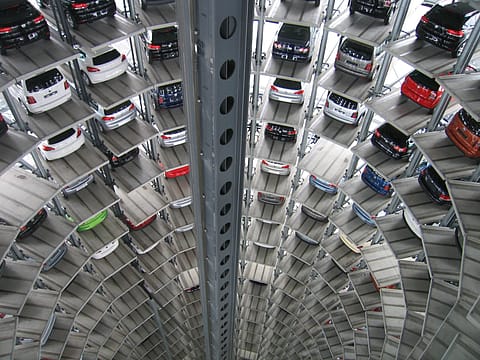Carmakers spar over zero emissions deadline
India insisted the language be changed from ‘phasing out’ of fossil fuels to ‘phasing down’ of fossil fuels.

India, among the largest car markets in the world, refused to agree to the 2035 deadline for phasing out the internal combustion engine (ICE). The Glasgow CoP26 ZEV (Zero-Emission Vehicles) pledge asks countries to stop making ICE by 2035. Twenty-four countries agreed, but major car markets such as China, U.S., Japan and South Korea, just like India, refused to sign the agreement.
In fact, it was India which insisted that the language be changed from ‘phasing out’ of fossil fuels to ‘phasing down’. This angered many European nations. China backed India’s stand. India has committed to a 2070 deadline for zero carbon emissions.
Among car manufacturers, even the ones which have been working on zero-emission tech, including Volkswagen, Toyota, Stellantis and Hyundai, did not sign the agreement. The car companies which did included Ford, Daimler, General Motors, Volvo Cars and Jaguar Land Rover.
Indian auto companies such as Maruti Suzuki are considering scaling up their EV presence significantly over the next few years. The company plans to sell 10,000 units of EVs every month from 2025. Hyundai has announced a plan to phase out ICE by 2045.
India has 300 million cars. Most run on fossil fuels.
“Not just India, but major auto markets like China, U.S. and Germany refused to be signatories to end the production and sale of ICE. However, with growth being a major imperative in the next decade and EV infrastructure in its infancy, it might have been unwise to sign such a proposal formally. Although such a transition might happen on its own, it doesn’t make sense to formally agree to it,” says Sandeep Das, author of Hacks for Life and Career: a Millennial's Guide to Making it Big.